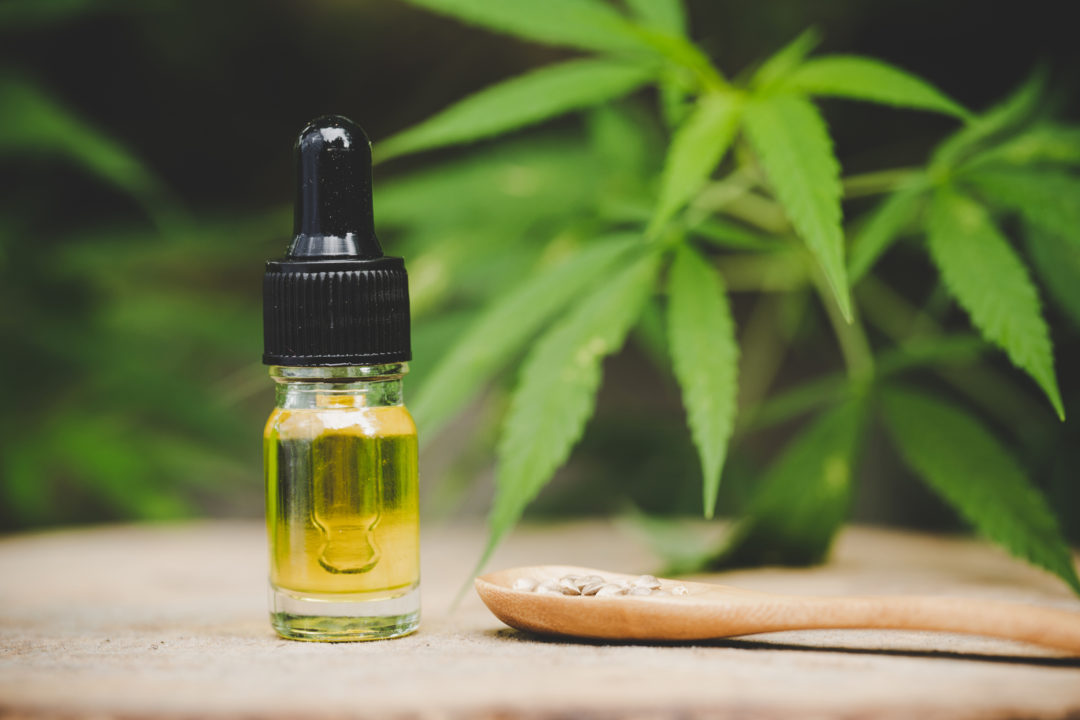Taking a closer look at diet, Michael Bryce of Healist Advanced Naturals says, “Eat a balanced amount of colourful raw fruits and vegetables and things like dark chocolate that are rich in flavonoids. Also, ensure that you’re getting enough Omega-3 fatty acids into your diet as research shows that they increase the synthesis of endocannabinoids and upregulate cannabinoid receptors.”
Dr. Jas Matharu-Daley, Green Gorilla Strategic Medical Advisor and Board Certified in Family Medicine, also points to polyunsaturated fats such as omega-3s. “Other foods may produce cannabinoid compounds—for example mushrooms and legumes,” Dr. Matharu-Daley says. “Extra virgin oil up regulates CB1 receptors and has strong anti-inflammatory effects. Flavonoids in tea and soybean may help reduce the breakdown of endocannabinoids, they are also found in most colorful fruit and vegetables. Cruciferous vegetables such as kale and cauliflower also interact in the ECS system. Curcumin in turmeric may also affect the CB1 receptors. Dark chocolate, which contains flavonoids, increases the amount of anandamide in the body. Probiotics like yogurt and kimchi may also affect the receptors in the gut.” And take care with alcohol, which may negatively affect the ECS, and coffee, which may make the system more sensitive.
Healthy lifestyle is key, agrees Ola Lessard of Barlean’s. Still, she adds, “Let’s be honest: If we always ate the full array of beautiful, fresh whole foods, avoided things like alcohol, caffeine and environmental toxins, got enough sleep, exercised regularly and we lived a life with minimal stress, our endocannabinoid systems would probably hum along just fine! So to the degree we can do those things, we should. But when those things are out of whack, our ECS has to work harder to keep up and keep our bodies in balance. We can give it some help with supplementation, but of course living a healthy and more balanced lifestyle in those other ways should always be what we strive for first.”WF










